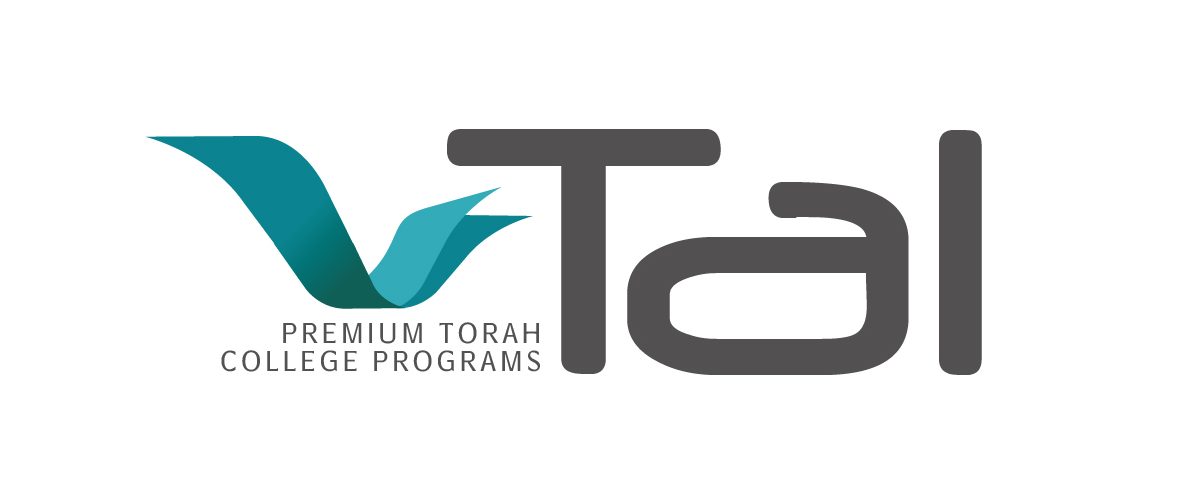Social Studies in Early Childhood Education
Education 304- 3 Credit Recommendations
This course evaluates knowledge connected to the core social studies topics in the early childhood curriculum.
Students will be expected to demonstrate an understanding of how these subjects should be taught to young children.
Topics include: the use of social studies as a framework for thematic learning and multicultural education.
Math and Science in ECE
Education 303- 3 Credit Recommendations
This course evaluates knowledge connected to the core math and science topics in the early childhood curriculum.
Students will be expected to demonstrate an understanding of how these subjects should be taught to young children.
Topics include: The use of manipulatives to teach math and science, key concepts for the preschool math curriculum (number operation, patterns, geometry, and measurement) and the scientific method.
Literacy in Early Childhood and Elementary School
Education 301- 6 Credit Recommendations
This course evaluates knowledge of the development of reading and writing processes.
Students will be tested on their mastery of the key concepts and terms associated with literacy, and are expected to demonstrate understanding of how important educational theories are applied to classroom teaching.
Child Development
Education 204- 3 Credit Recommendations
This course focuses on the basic principles underlying the processes and characteristics of normal child development, in multi-cultural contexts.
Topics include physical, cognitive, social, emotional, and language development. Current issues connected to children and schools will be considered; examples include intelligence testing, the impact of divorce, and the needs of second language learners.
Students are expected to make connections between theory and practice and display understanding of the teacher’s role in supporting child development.
Play and Development in the Early Years
Education 203 – 3 Credit Recommendations
This course focuses on the importance of play in childhood.
Topics include: the connections between play and children’s development in areas such as cognition and emergent language, how play contributes to learning, and the importance of play for optimum physical and emotional development.
Students are expected to demonstrate their understanding of how play can be supported by teachers in classroom settings.
Infant and Toddler Development and Care
Education 202- 3 Credit Recommendations
This course focuses on the development of children age 0-3 and the planning and facilitating of a holistic curriculum for infants and toddlers in early childhood programs.
Topics include: the physical, emotional, and nutritional needs of infants and toddlers; family education and involvement; and curriculum planning for infant and toddler programs.
Students are expected to make connections between theory and practice.
Education of Exceptional Children
Education 201- 6 Credit Recommendations
This course focuses on the characteristics of exceptional children (both those with disabilities and those who are intellectually gifted).
Students will be tested on their mastery of the key concepts and terms connected to research and history associated with special education.
Students are also expected to demonstrate an understanding of how important educational practices are applied in both regular and special education classroom settings.
Foundations of Early Childhood Education
Education 101- 3 Credit Recommendations
This course focuses on developmentally appropriate early childhood educational practices, from birth through Grade 3, with an emphasis on toddler programs and preschool classrooms.
Topics include: child development, classroom management techniques, parent involvement, the early childhood curriculum, and adapting instruction for learners with diverse needs.
Students are expected to demonstrate familiarity with the professional ethics of early childhood educators and should display their knowledge of methods that best support young children’s learning.

